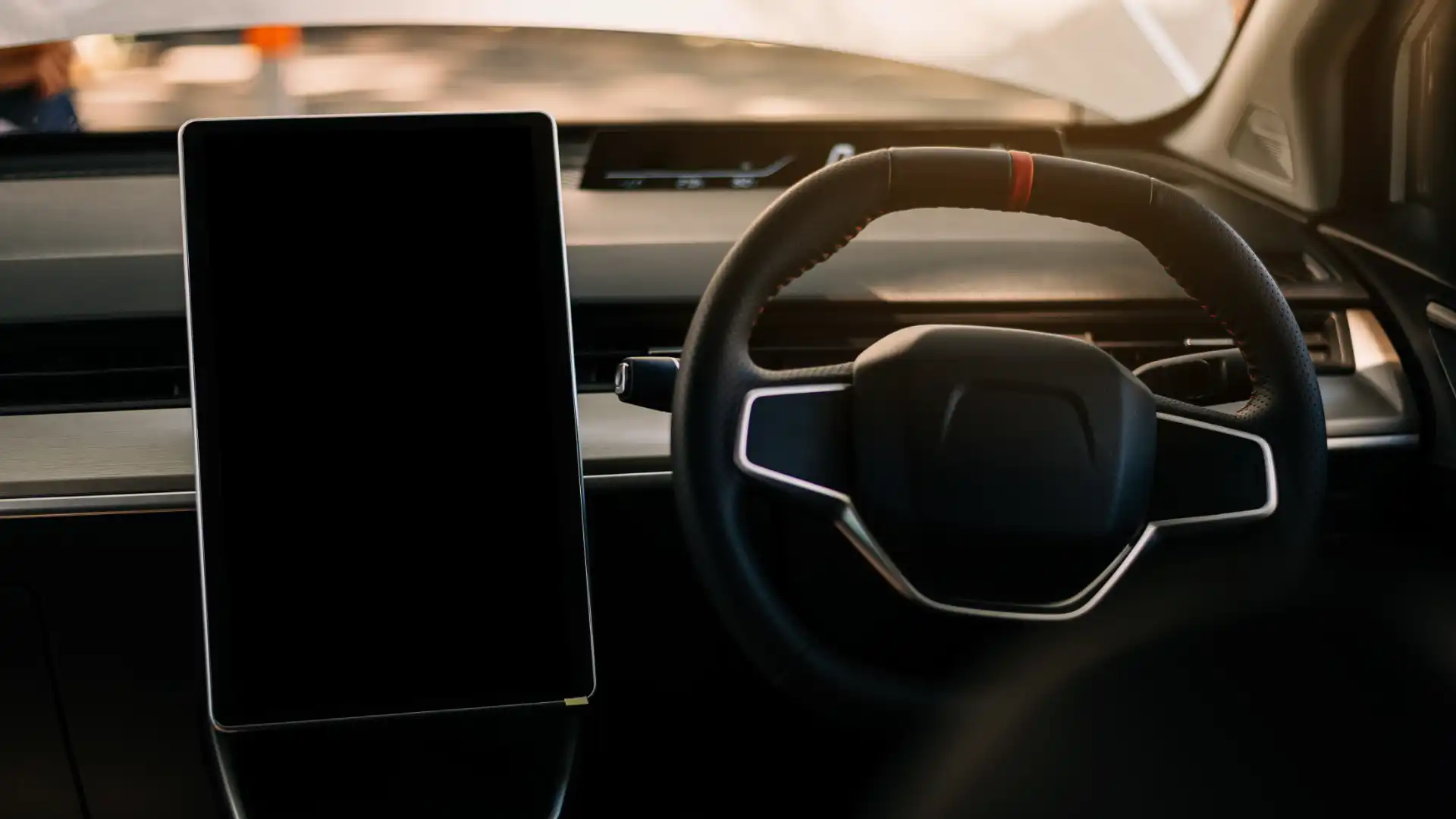DMV Takes On Tesla Over Autopilot: What Californians Must Know
California’s Department of Motor Vehicles (DMV) has moved to challenge Tesla over its marketing of Autopilot and Full Self-Driving (FSD) features. The DMV accuses Tesla of misleading customers into believing their vehicles can operate autonomously when, in reality, driver supervision is legally and technologically required. This legal battle could reshape how self-driving technologies are marketed and regulated in California—the largest electric vehicle market in the U.S.
🚨 What’s Happening?
The DMV has asked an administrative law judge to impose serious penalties on Tesla, including the suspension or even revocation of its license to sell and manufacture vehicles in California. While such an extreme measure is rare, the stakes are high, and the case has captured national attention as a test of consumer protection in the age of autonomous tech.
📜 The Timeline of Events
- 2022: The California DMV files its initial complaint, alleging Tesla used misleading terms like “Full Self-Driving.”
- 2023: The complaint expands to include broader claims of deceptive advertising.
- July 2025: The DMV hearing begins in Oakland, setting the stage for what could be a landmark ruling in automotive law.
⚖️ What the DMV Is Claiming
The DMV argues that Tesla’s promotional language creates an impression that its vehicles are capable of full autonomy, which they are not. California regulations require clear disclosure if a driver-assist system cannot function without human supervision. Misleading advertising, under the state’s Business and Professions Code, can lead to penalties including license suspension.
🛡️ Tesla’s Defense
Tesla maintains that its descriptions are accurate and that consumers are informed through disclaimers that the system does not make cars fully autonomous. The company emphasizes that Autopilot and FSD require “active driver supervision” at all times and that drivers must keep their hands on the wheel and eyes on the road.
📈 Why This Case Matters
The outcome of this case could have wide-ranging implications:
- For Tesla: A loss could force significant changes in how it markets Autopilot nationwide.
- For EV Makers: This sets a precedent for all companies developing advanced driver-assist systems.
- For Consumers: It could redefine what legal protections Californians have against misleading tech advertising.
🚗 The Broader Context: Self-Driving Laws and Safety
California is home to the most stringent auto safety and environmental regulations in the country. This case comes amid heightened scrutiny of automated driving systems following a series of accidents involving Tesla vehicles allegedly operating under Autopilot mode. Federal regulators, including the National Highway Traffic Safety Administration (NHTSA), have open investigations into crashes linked to Tesla’s driver-assist systems.
👤 What Does This Mean for You as a California Driver?
Even if you own a Tesla, nothing changes overnight. Your vehicle remains legal to drive, and Autopilot/FSD features are still available. However, if DMV’s case succeeds, Tesla might face:
- Temporary suspension of sales in California.
- Mandatory advertising corrections and transparency obligations.
- Increased scrutiny from federal regulators and other states.
As a driver, remember:
- You are legally required to keep your hands on the wheel and eyes on the road.
- Failure to do so can result in citations, insurance liability, and even criminal charges if an accident occurs.
🧠 Consumer Protection in the Age of AI
This battle highlights a key question: how do consumer protection laws keep pace with emerging technology? If tech firms overpromise, consumers pay the price. Expect future legislation in California to address marketing language for AI-driven features, including clear disclosures and possible third-party verification.
💬 Expert Opinion
Legal analysts suggest that even if Tesla avoids a full license suspension, the company could face financial penalties and a mandate to alter its marketing. “This is a wake-up call for the entire auto industry,” says one regulatory expert. “California is signaling zero tolerance for overhyped safety claims.”
🔗 Related Read
Your Rights During a Police Stop in California – Know what protections you have if pulled over, especially as autonomous tech reshapes traffic law.
📚 FAQs
Will Tesla vehicles be banned in California? No, but if Tesla loses, sales and advertising could be heavily restricted.
What does this mean for other car makers? They’ll likely review their marketing to avoid similar legal challenges.
Stay tuned as we follow this landmark case that could define the future of autonomous driving law in California.
